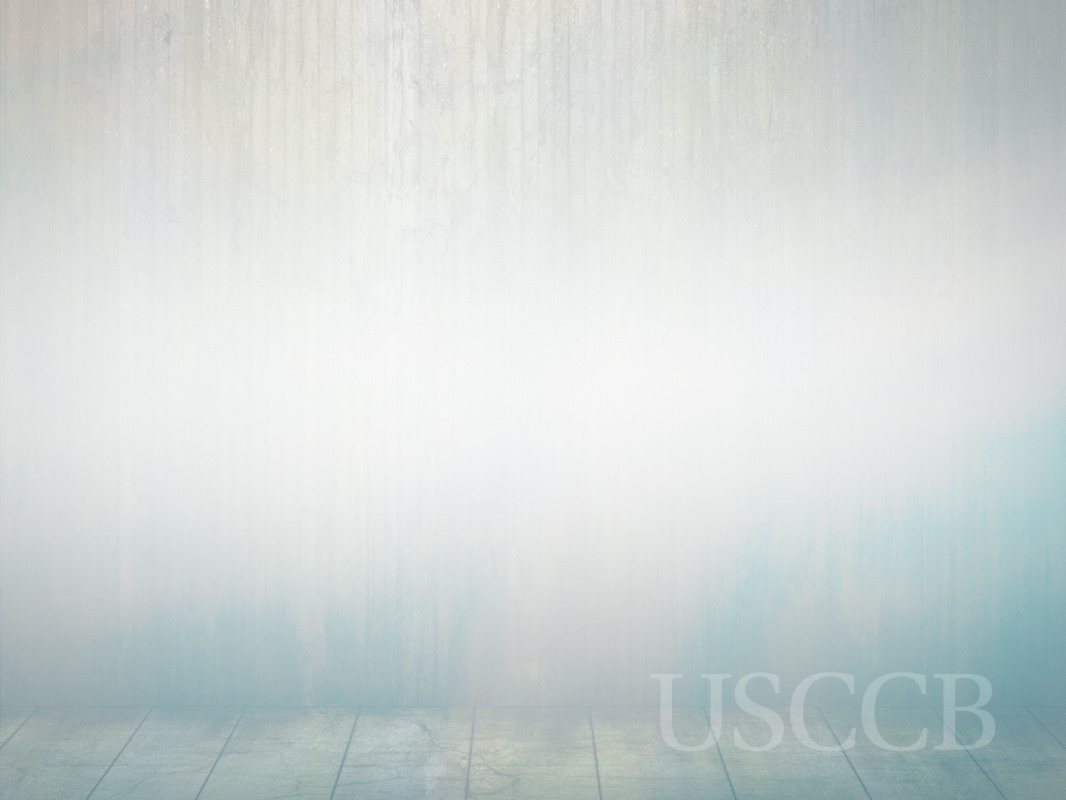

D-4 | Civil Law Considerations—Financial Law
Common Exclusions
from Income
Not all payments by the sponsoring organization or
church employer to a religious worker are subject to
income taxation. Some common exclusions include:
reimbursements of substantiated business expenses
incurred by the religious worker paid according to
the church employer’s accountable reimbursement
plan; the value of employer-provided health benefits
(both insured and self-insured); and qualified tuition
reduction payments for religious workers employed
at Catholic schools below the graduate level.
Special Rules for Clerics
Two additional income tax exclusions may be avail-
able to priests or deacons, provided all eligibility
requirements are satisfied.
Housing/Allowance Exclusion.
Section 107
of the Code provides an exclusion from income
for the rental value of a home (rectory or parson-
age) provided to a “minister of the gospel” as part
of his compensation
or
for a rental allowance paid
to a minister of the gospel as part of his compensa-
tion, to the extent that it is actually used to rent or
provide a home. This exclusion is available only to
clerics. It is not available to lay religious workers or
non-ordained members of religious orders, whatever
the nature of their duties.
Three criteria must be satisfied to qualify for
the section 107 exclusion: (1) the housing or allow-
ance must be provided to a minister of the gospel as
compensation for ministerial duties; (2) the housing
allowance must be designated in advance by proper
church authorities; and (3) the housing allowance
must actually be used to rent or provide a home and
may not exceed the fair rental value of such home.
9
The threshold criterion for evaluating eligibility
for the section 107 exclusion is status as a “minis-
ter of the gospel,” defined as an individual who is a
“duly ordained, commissioned, or licensed minister
of a church.”
10
In addition to having the status of
“minister of the gospel,” the individual must also be
performing duties that are normally performed by
ministers of the gospel, which the IRS has identified
as including: the performance of sacerdotal functions,
9
See Warren v. Commissioner
, 302 F. 3d 1012 (9th Cir. 2002).
10 Treas. Reg. § 1.1402(c)-5.
the conduct of religious worship, the administration
and maintenance of religious organizations and their
integral agencies, and the performance of teaching
and administrative duties at theological seminaries.
11
If a cleric is provided a housing allowance
instead of in-kind rectory housing, it is essential that
the allowance amount be designated
in advance
by
appropriate diocesan or eparchial officials.
12
The
amount of any designated housing allowance is
limited to the
least
of the following amounts: the
amount designated in advance by appropriate dioc-
esan or eparchial official; the fair rental value of the
residence; or the actual expenses incurred in pro-
viding the residence.
13
The cleric is responsible for
reporting as income any part of a designated housing
allowance that is not actually used for a residence.
Even though the value of housing or a desig-
nated housing allowance is excluded from income for
income tax purposes, it must be included as income
for social security tax purposes.
Meals Provided for the Convenience of the
Employer.
Section 119 of the Code provides that the
value of meals, which are furnished to an employee
by his or her employer on the business premises of
the employer for the convenience of the employer,
is excludable from income. Meals furnished with-
out charge to an employee are regarded as furnished
for the convenience of the employer only if the
meals are furnished for a substantial noncompen-
satory business reason of the employer, as opposed
to a means of providing additional compensation to
the employee.
14
Applicability of the section 119 exclusion is
likely to be limited to priests living in rectory hous-
ing. Section 119 would exclude from income the
value of meals provided in the rectory if the priest
is required to live there in order to be available on
call and if the rectory is adjacent to the church so as
to qualify as the business premises of the employer.
Section 119 does not exclude from income a meal
or food allowance but only the in-kind provision
of meals.
15
Further, the section 119 exclusion is not
available with respect to the value of meals provided
to priests classified as independent contractors or for
any dependents of a priest, since they do not qualify
as employees.
11 Treas. Reg. § 1.107-1(a).
12 This advance designation can be evidenced by an employ-
ment contract, meeting minutes, or through some other written
documentation.
13 Treas. Reg. § 1.107-1(b).
14 Treas. Reg. § 1.119-1(a)(2)(i).
15
See Commissioner v. Kowalski
, 434 U.S. 77 (1977).

















